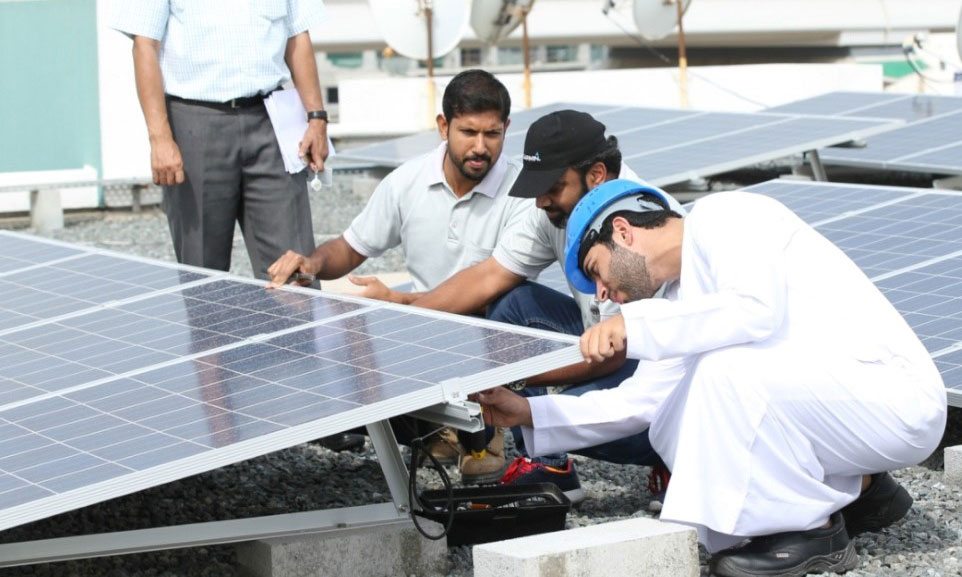Installed solar PV capacity in Dubai reaches 125MW in 2019, says Sharaf DG Energy
Company states that solar PV systems can offset significant energy needs thus resulting in tangible yearly savings

Sharaf DG Energy has announced that the installed solar PV capacity in Dubai reached 125MW in 2019, due to initiatives such as the Dubai Clean Energy Strategy 2050.
The firm says that the UAE’s solar energy landscape has evolved tremendously in the past decade.
The demand for rooftop and decentralised projects in the commercial, industrial and residential segments is growing rapidly due to initiatives such as the Dubai Clean Energy Strategy 2050 and the Shams Dubai program, a statement from the firm said.
Solar is the future of electricity generation and supports the UAE’s vision by providing customers with the ability to produce their own clean energy and save money, said a top official from the firm.
“It is our duty to save our natural resources and restore the health of our planet. Limiting global warming relies on unlocking universally available clean energy and it is up to businesses and consumers worldwide to recognise this opportunity and lead the transition towards clean energy systems. Solar is accompanied by a wealth of benefits including immediate bill savings of up to 40% and the comfort of knowing that you are in control of your energy consumption – Sharaf DG Energy also helps to finance, design, operate and maintain the facilities,” says Sanjay Dabur, vice president of Sharaf DG Energy.
The company says it has completed a variety of solar PV rooftop projects in Dubai, including the ‘500 Dubai villas go solar’ project – where 500 villas were converted to solar in just 45 days.
Sharaf DG Energy says it has called for villa owners to consider solar as an alternate source of power and take advantage of substantial monthly energy savings. The firm claims that the average energy consumption of a villa is around 60,000kWh/year, and explains that a solar PV system of 15kWp will generate 24,000kWh of electricity, offsetting around 40-50% of the energy needs, resulting in savings of around $2,800 annually.





